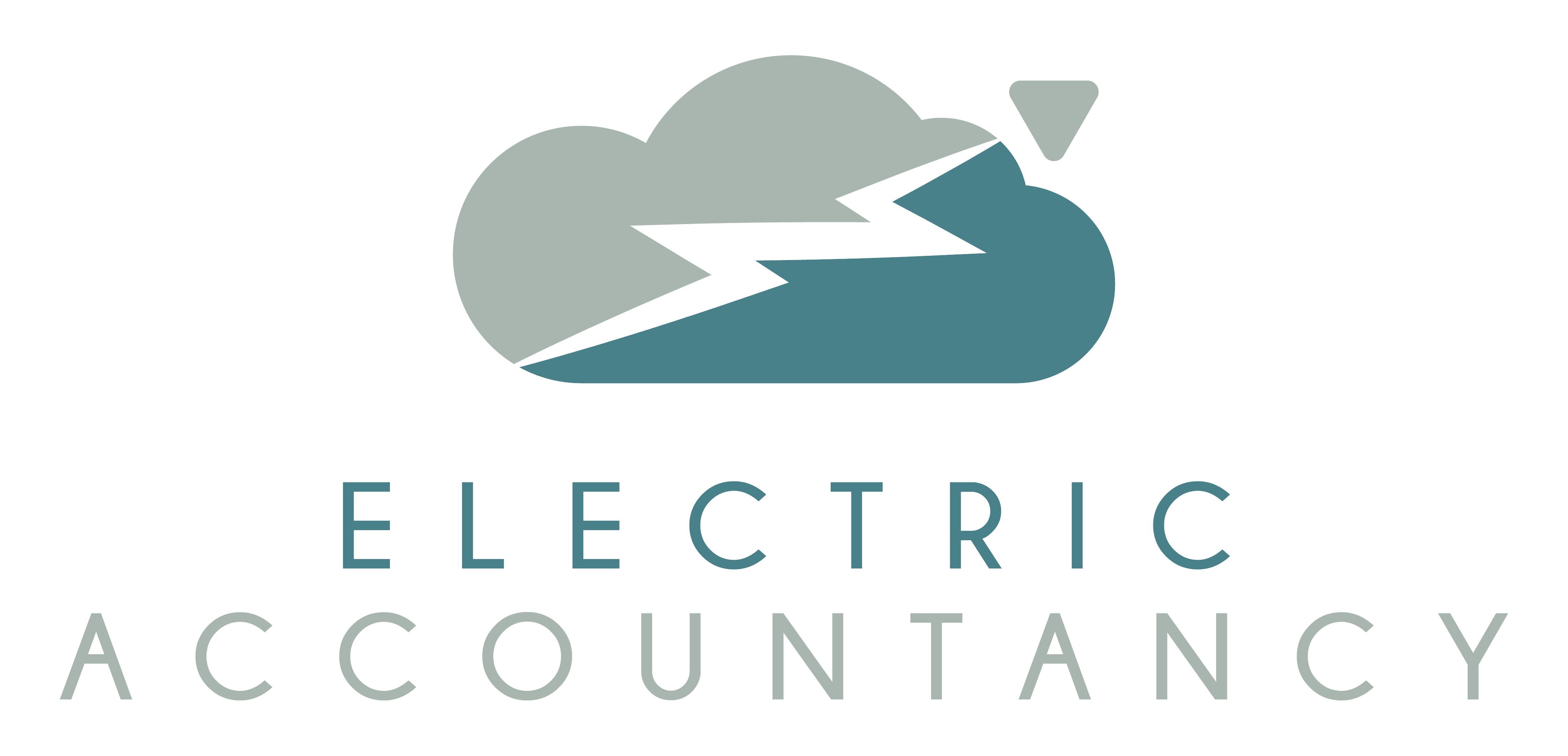An increasing number of people want to buy from, work for, partner with, and invest in companies that are not solely profit-driven.
Focusing on People, Planet and Profit is often referred to as the Triple Bottom Line, and is expected to become even more important over the coming years:
-
Revenue from sustainable products is growing about six times faster than the growth rate of other products.
-
50% of consumers are willing to pay a premium for products that have a positive social and environmental impact on the supply chain.
-
By 2025, it is anticipated that consumers will consistently choose products and services that are less damaging to the environment, human health and society.
Whilst you do not need to be a big company to have responsible business policies, it can sometimes be hard for smaller businesses to work out what they need to do.
This is where the Good Business Charter can help.
The Good Business Charter encourages 10 responsible business behaviours. Businesses that can demonstrate the 10 behaviours can apply for accreditation under the scheme.
There is even a simple, streamlined process for smaller businesses (developed in collaboration with the Federation of Small Businesses). This process makes accreditation simple and affordable for smaller businesses.
Read on to find out about the 10 responsible business behaviours of responsible capitalists.
Step #1 Pay Employees A Real Living Wage
A hard day’s work deserves a fair day’s pay so pay employees a real living wage as set out by the Living Wage Foundation.
The real living wage takes into account the ACTUAL cost of living and is different to the Government’s minimum wage for the under 23s and the National Living Wage for the over 23s.
https://www.livingwage.org.uk/
Step #2: Have A Fair Approach to Zero Hours Contracts
1 in 6 workers are in insecure, low paid work with millions facing cancelled shifts and a lack of stable hours.
If you use zero hours contracts, have a fair approach, including fair shift scheduling and cancellation policy, and proper consideration given to contracts with guaranteed hours.
https://www.livingwage.org.uk/living-hours
Step #3: Support Employee Well Being
A responsible business will actively support and encourage employee well-being, treat those with legitimate sickness in a fair and respectful manner, promote access to impartial support and advice for employees with physical and mental health needs and protect employees from working excessive hours.
Step #4: Ensure The Worker’s Voice is Heard
Good businesses operate through consultation and mutual agreement with the workforce directly or via representatives.
For a small business this could be as simple as having a process for employees to make suggestions or raise issues with senior management.
Step #5: Encourage Diversity
A diverse, equal and inclusive culture puts its people at the heart of its operation. When people feel valued and included, they are more likely to flourish at work.
To be a responsible business, the diversity of the workforce needs to be monitored and there should be a commitment to closing the gender, disability and ethnicity pay gaps.
Step #6: Take Care Of The Environment
We cannot continue to use and abuse our world without regard to its sustainability. There is an urgent need to take environmental responsibility very seriously within every type of business to sustain our environment for future generations.
The Good Business Charter requires a commitment to reducing environmental impact and continually improving environmental performance.
The case for building sustainable businesses has never been stronger. See the Ipsos Sustainability Imperative for more information.
Step #7: Pay Fair Tax
No one likes paying tax but taxes pay for the services we need and enjoy.
It is perfectly OK to use the tax reliefs and allowances introduced by the government to legitimately minimise your tax liability, so long as these schemes are used in the way intended by the government (Tax Planning).
However, the use of a scheme which deliberately misrepresents the true state of affairs to reduce a tax liability is illegal (Tax Evasion). This includes not reporting all income, overstating deductions, hiding assets, not filing a tax return, using fake offshore accounts.
Tax Avoidance falls between Tax Planning and Tax Evasion. It involves exploiting the rules to find ways to reduce the tax owed. It may be deliberate, against the spirit of the Law and frowned upon by HMRC, but it is not unlawful. However it’s not always easy to see where Tax Avoidance ends and Tax evasion begins.
According to most recent official estimates, tax avoidance in the UK costs the Exchequer about £1.8bn a year, while tax evasion is believed to cost £5.3bn.
Step #8: Have A Customer Commitment
Great customer service is of the utmost importance when it comes to running and growing a business.
We live in an age where people communicate widely and publicly with others and comments of good or poor service on social media and review websites can make a huge difference to sales.
The Good Business Charter says that a responsible business should:
-
Treat customers with respect
-
Publish their customer commitment on their website
-
Gather and monitor customer feedback
-
Have an easily accessible way for customers to express concerns or complaints.
Step #9: Employ Ethical Sourcing
The Good Business Charter believes ethical sourcing is really important and that all businesses need to pay careful attention to the clauses of the Ethical Trading Initiative Base Code within their own supply chain (this is an internationally recognised code of labour practice):
-
Employment is freely chosen
-
Freedom of association and the right of collective bargaining are respected
-
Working conditions are safe and hygienic
-
Child labour shall not be used
-
Local living wages are paid at national legal standards
-
Working hours are not excessive, complying with national law
-
No discrimination is practiced
-
Work performed must be on the basis of a recognised employment relationship established through national law and practice
-
No harsh or inhumane treatment is allowed
Step #10: Sign Up To The Prompt Payment Code
At the start of 2021, £23.4 billion worth of late payments were owed to firms across Britain, impacting on businesses’ cash flow and ultimate survival.
The Good Business Charter requires organisations to sign the government’s Prompt Payment Code and to undertake to pay suppliers on time and no more than 60 days following receipt of an invoice. From July 2021, 95% of invoices from small suppliers must be paid within 30 days.

